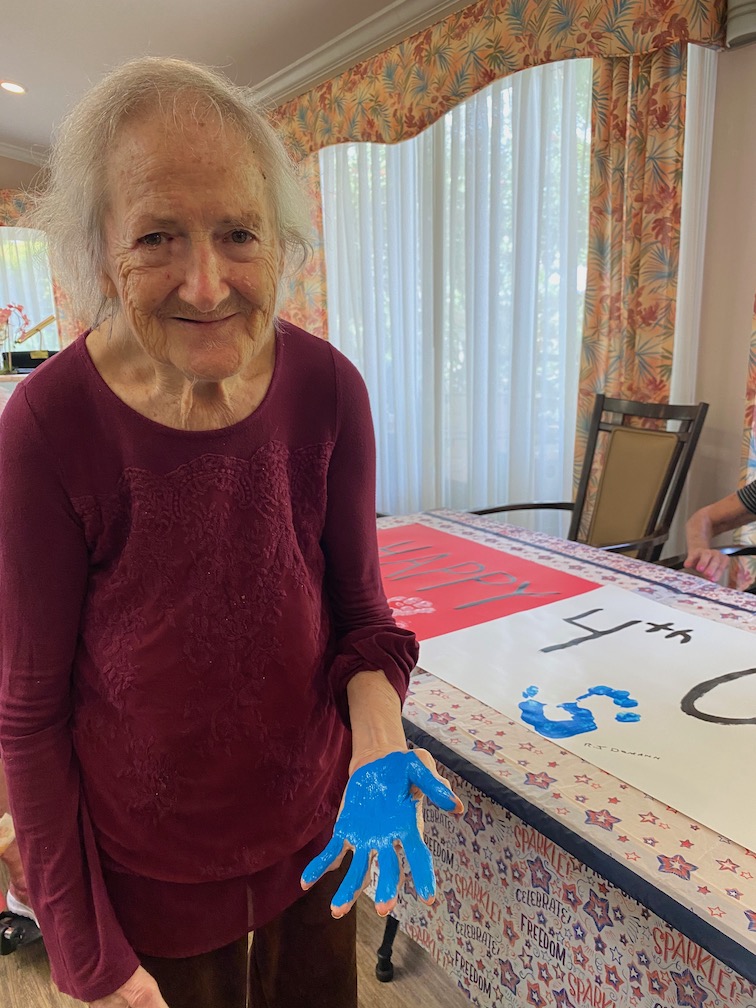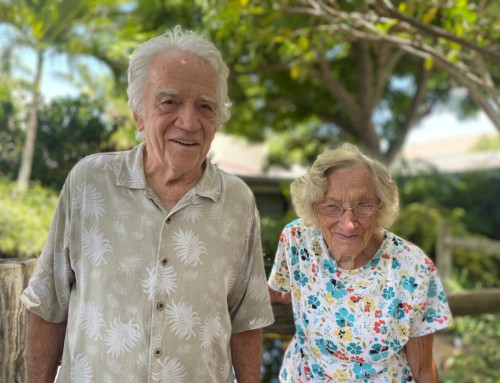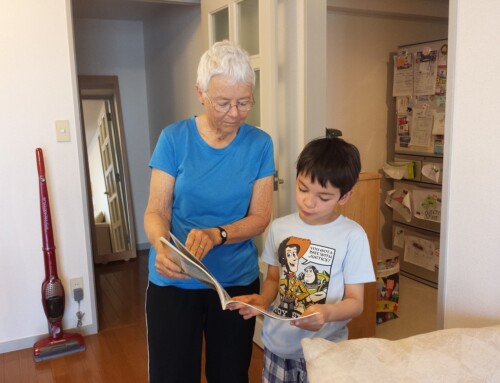A dementia diagnosis can change your life, but a misdiagnosis can be just as challenging. Misdiagnosis is, unfortunately, not uncommon and can lead to a multitude of emotional and physical complications for seniors and their loved ones. Many symptoms of other conditions can mimic or overlap with dementia, so it’s crucial to approach diagnosis with caution and thoroughness. If you or a family member are trying to get more info on the potential status of a dementia diagnosis, we are here to provide a bit more information to help you through this process.

The Reality of Dementia Misdiagnosis
‘Dementia’ encompasses a range of cognitive decline conditions, including Alzheimer’s disease. That alone makes it a prime candidate for misdiagnosis, as there isn’t a single genetic marker for doctors to check for. Misdiagnosis rates are alarmingly high, with studies suggesting that a significant percentage of dementia diagnoses may need reevaluation. The complexity of diagnosing dementia lies in its symptom overlap with other conditions, the variability of its progression, and the absence of a single definitive test for most types of dementia.
The stakes of misdiagnosis are higher than you might think. For seniors and their families, the label of dementia can change the entire trajectory of their care and living situation. Similarly, devoting resources to individuals who do not have memory issues means that those resources are not going to those in need.
Conditions Commonly Mistaken for Dementia
Several conditions with symptoms similar to dementia often lead to misdiagnosis:
Depression in the Elderly: Older adults experiencing depression may show cognitive impairments resembling those seen in dementia, such as trouble with memory and focus. Unlike the irreversible decline in dementia, cognitive issues stemming from depression can improve with appropriate intervention.
Vitamin B12 Shortage: Lacking Vitamin B12 can cause dementia-like symptoms, including forgetfulness and disorientation. Fortunately, following an accurate diagnosis, these symptoms can significantly diminish with the right vitamin supplementation.
Thyroid Problems: An underactive thyroid, or hypothyroidism, might lead to slowed mental processes and forgetfulness, symptoms that are easily mistaken for dementia. Treatment with thyroid hormones can reverse these symptoms.
Urinary Tract Infections: UTIs can lead to sudden, intense confusion in older adults, a state known as delirium, which could be confused with a sudden onset of dementia. This type of confusion usually clears up with antibiotics, differentiating it from dementia’s lasting effects.
If You Suspect a Misdiagnosis
Pursue a Second Opinion: Should concerns about a diagnosis of dementia arise, it’s advisable to seek insight from a specialist, like a neurologist or a psychiatrist specializing in geriatric care. These experts are equipped to conduct more thorough assessments and explore a broader range of potential health issues.
Advocate for Comprehensive Evaluations: It’s crucial to push for detailed health assessments, including lab tests, brain scans, and cognitive evaluations, to pinpoint or exclude reversible conditions that could be confused with dementia.
Effective Communication with Healthcare Providers: Be open and assertive with medical professionals about your symptoms and concerns and inquire about their diagnostic and treatment methods.
Documenting Health Information: Keep an accurate record of health developments, treatment alterations, and medical consultations. Such documentation offers healthcare providers a detailed account of the patient’s medical history, assisting in making a precise diagnosis.
At our facility, we understand that a senior’s needs can evolve over time, especially following a diagnosis that impacts cognitive function. That’s why we offer flexible care plans that meet the individual needs of each resident. Whether initially misdiagnosed or accurately diagnosed with a cognitive condition like dementia at a later stage, our comprehensive assisted living and memory care services ensure that seniors receive the level of support and care they need.
A future dementia diagnosis doesn’t require the seniors at our facility to move out or seek assistance elsewhere – we are ready to step up to the plate and help them live their best lives. Contact A Banyan Residence today to schedule a tour of our facility.







